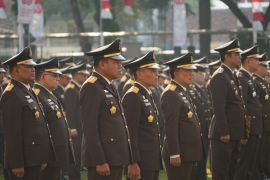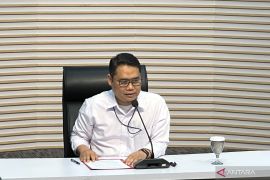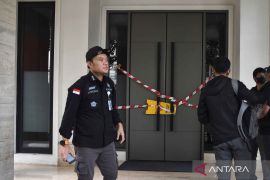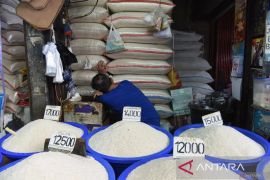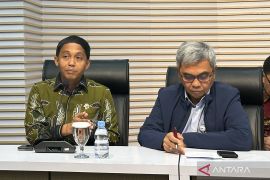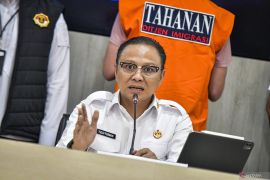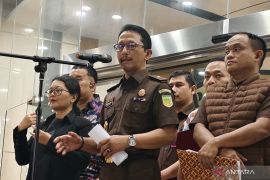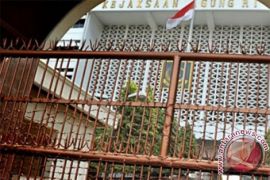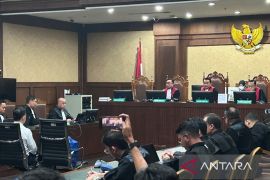"The amount is enough to build 91,000 low-cost houses for the poor," he said in his lecture at Ahmad Dahlan University here.
He said according to available data, some of the sectors vulnerable to corruption were oil and gas, education, health, forestry, infrastructure, banking and local finance.
He predicted corruption cases involving state officials would increase until 2014 when Indonesia would stage general elections.
Corruption by state officials would be carried out through regulations that would be made to benefit them.
This had become a contemporary model of corruption developing in the country done through political or bureaucratic means, he said.
"This kind of corruption happens because it has support from rogue businessmen and corrupt officials," he said.
To students who were expected to become agents of change Busyro appealed to contribute actively to corruption eradication.(*)
Editor: Aditia Maruli Radja
Copyright © ANTARA 2011
